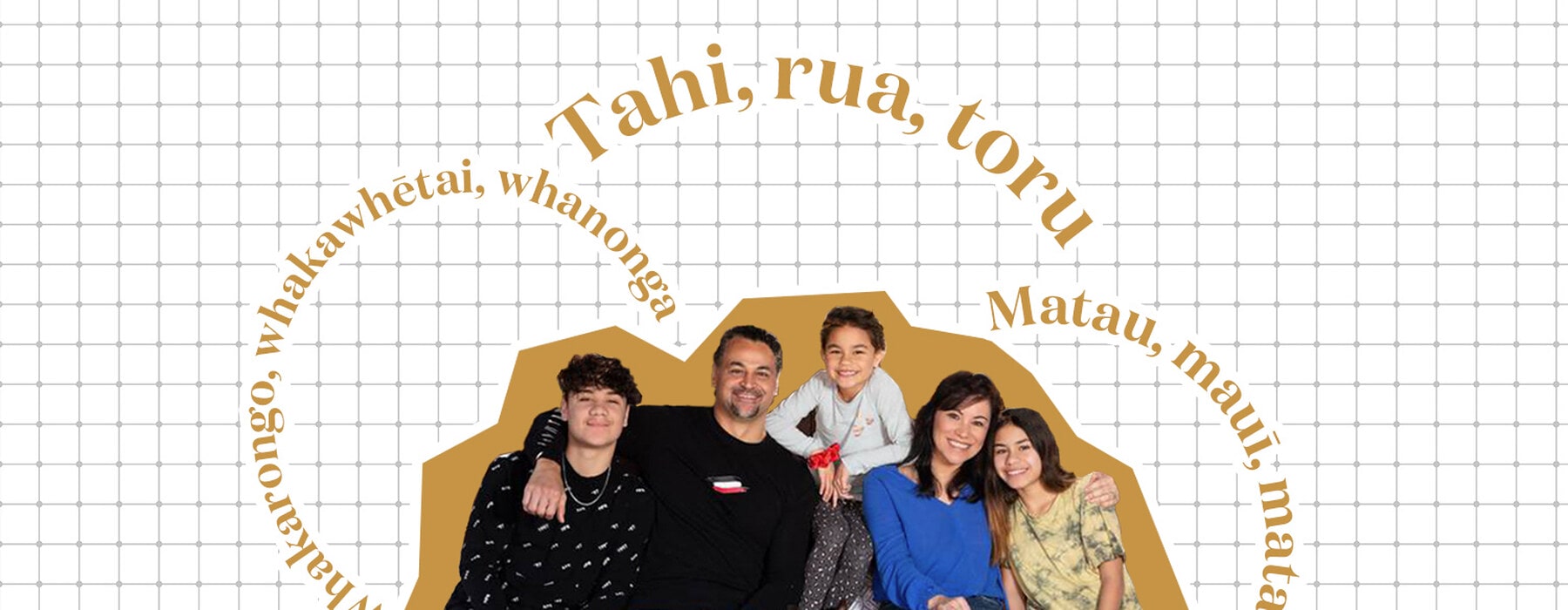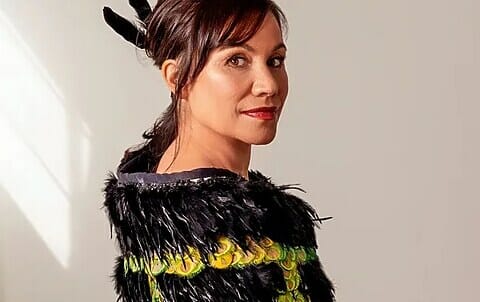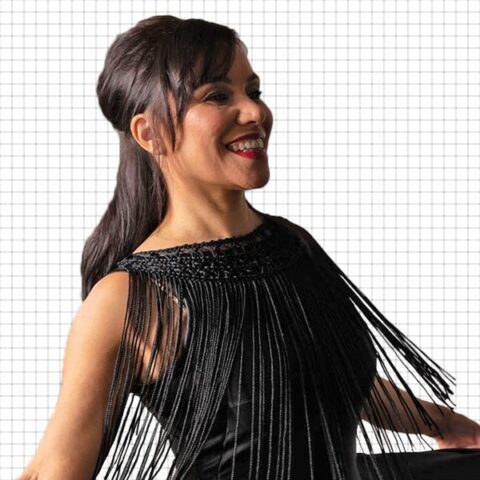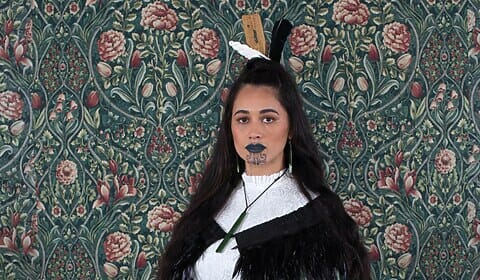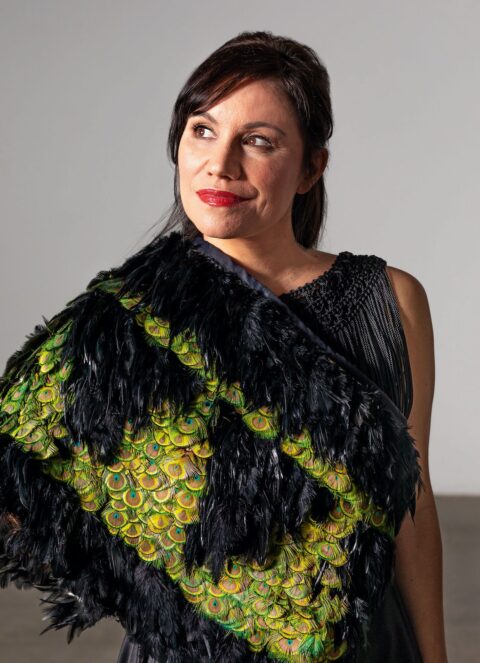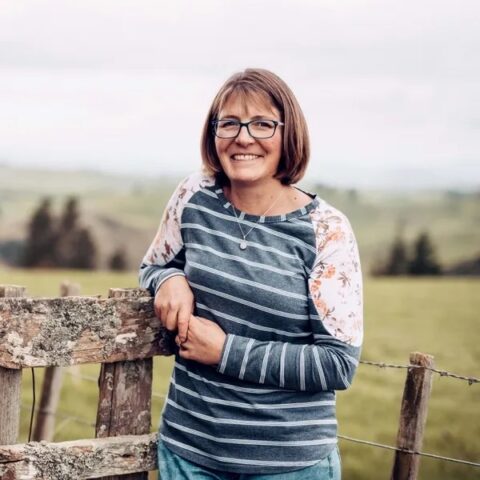Everyday English adages get a te reo twist in Stacey’s whānau. She shares how you can practice te reo and encourage positive behaviour with these fun family slogans.
Twee family sayings are pretty big original English version, and literally means: in our whānau. Our kids may grow up to blame our media for the parenting slogans we’ve created. But in the meantime, I’ll just share the hows and whys of our sayings, and you can see if you’d like to use them with your kids too – or just laugh at what a nerdy mum I am!
When our kids got to the age of play dates and sleepovers, we wanted a quick and memorable reminder about being a good manuhiri (guest) at other people’s houses.
So we came up with: Whakarongo, whakawhētai, whanonga (Listen, give thanks/use your manners, behaviour – as in, choose good behaviour).
Someone asked me once, “Couldn’t you say ‘mihi’ for manners and giving thanks?” and I said, “Yes, but that doesn’t start with ‘wh’” – I had a theme to stick with!
We even say to the kids as they head out, “He aha ngā ‘wh’ e toru?” (“What are the three ‘wh’?”). “Whakarongo, whakawhētai, whanonga,” they call back – sometimes happily, sometimes with an “OMG, my parents” waiaro (attitude).
This next saying was a collaborative effort from our whole whānau though, so it got accepted very quickly. People often say, correctly, that te reo Māori is a poetic, metaphorically rich language. But we shouldn’t forget it’s also great for cheekiness, double entendres and risqué puns.
There’s nothing poetic about the situation that led to our whānau coming up with a translation for “Whoever smelt it, dealt it”. It was during a car trip, that’s probably all I need to say. After some deliberation (and accusations), we came up with “Koia i hī, nāna i hā”, which has the rhythmic qualities of the original English version, and literally means: “Indeed it was smelt, by the one who gave it up to blame our media background breath!” Maybe that sounds better in Māori!
I remember the day our older two kids started playing the “floor is lava” game, in which someone calls out that phrase without warning, then counts to three, so everyone must jump on something that is not the floor, because of course it’s about to become lava and they will get burned alive. This was a straight translation, to say, “He tahepuia te papa!” (“The floor is lava!”), then count ”Tahi, rua, toru…” and everyone finds a chair to stand on, clings to a shelf and holds their legs up or – as we saw when overseas – jumps on a rubbish bin!
This is what happened in a park in the US, when my daughter, who was only four at the time, called out, “He tahepuia te papa!” and we all scattered, jumping on park benches. Then the American stranger who had eavesdropped in on our game and used the rubbish bin for safety called out, “You guys said the floor is lava, right?” Even though he wouldn’t have understood our language, people can pick up so much from tone, actions and context if they’re listening well.
Songs from Puna reo (Māori language preschool) and Kura (school) have also come in to our whānau vernacular, like the waiata for washing their hands: “Horoi ringa, horoi ringa, ka pai ki a au te horoi ringa” (“Washing hands, washing hands, I like washing my hands”). The full tune lasts twenty seconds, so it taught them what is an appropriate washing time, too.
Then there’s our mantra for crossing the road: “Matau, mauī, matau; kāore he waka; kōkiri” (“Right, left, right; no cars; go ahead”).
As cheesy as these sayings sound, having a go-to statement means there’s one more thing you can say in Māori, and we can get lots of practice with them, because as parents we always have to repeat ourselves!

